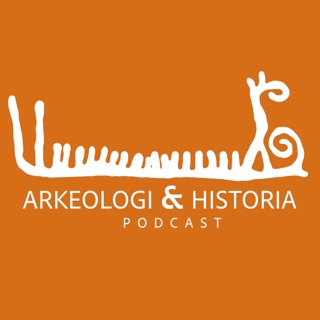
303 | AMA | February 2025
Welcome to the February 2025 Ask Me Anything episode of Mindscape! These monthly excursions are funded by Patreon supporters (who are also the ones asking the questions). We take questions asked by Pa...
3 Feb 20253h 44min

303 | James P. Allison on Fighting Cancer with the Immune System
A typical human lifespan is approximately three billion heartbeats in duration. Lasting that long requires not only intrinsic stability, but an impressive capacity for self-repair. Nevertheless, thing...
27 Jan 20251h 7min

302 | Chris Kempes on the Biophysics of Evolution
Randomness plays an important role in the evolution of life (as my evil twin will tell you). But random doesn't mean arbitrary. Biological organisms are physical objects, after all, and subject to the...
20 Jan 20251h 30min

301 | Tina Eliassi-Rad on Al, Networks, and Epistemic Instability
Big data is ruling, or at least deeply infiltrating, all of modern existence. Unprecedented capacity for collecting and analyzing large amounts of data have given us a new generation of artificial int...
13 Jan 20251h 9min

300 | Solo: Does Time Exist?
A new year, and a new centennial -- 300 (regularly-numbered) episodes of Mindscape! Our tradition is to have a solo episode, and what better topic than the nature of time? Physicists and philosophers ...
6 Jan 20252h 11min

Holiday Message | Hits and Misses
It's the end of the year, and time for our annual holiday break here at Mindscape. But as usual, we wrap up with a Holiday Message. This year, inspired by Joni Mitchell's "Hits" and "Misses" albums, I...
23 Dec 20242h 1min

299 | Michael Wong on Information, Function, and the Origin of Life
Living organisms seem exquisitely organized and complex, with features clearly adapted to serving certain functions needed to survive and procreate. Natural selection provides a compelling explanation...
16 Dec 20241h 13min

298 | Jeff Lichtman on the Wiring Diagram of the Brain
The number of neurons in the human brain is comparable to the number of stars in the Milky Way galaxy. Unlike the stars, however, in the case of neurons the real action is in how they are directly con...
9 Dec 20241h 9min




















